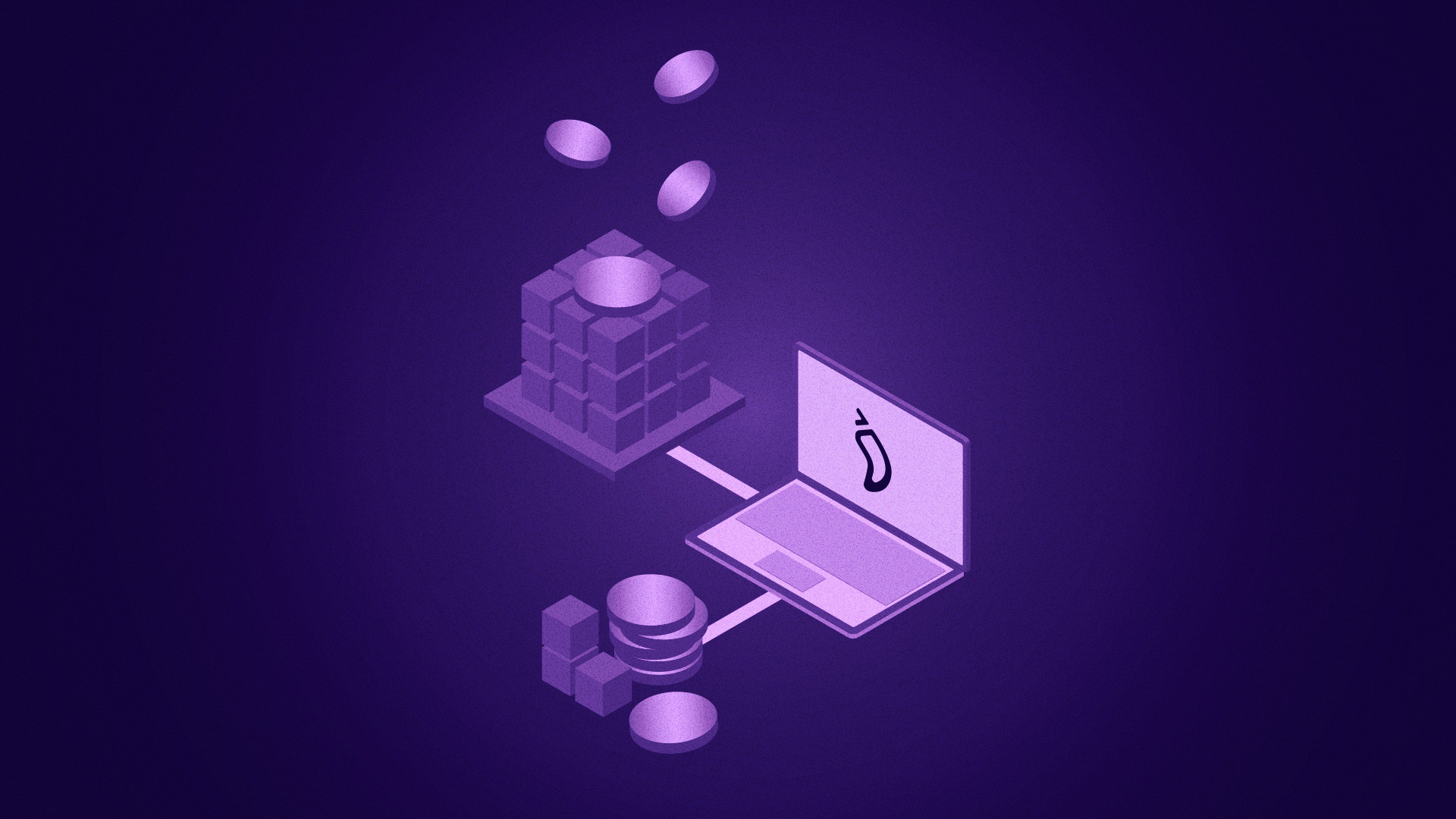Chiliz Chain has the largest mainstream sports partner network in blockchain, and a massive potential mainstream audience. We see it as our responsibility to provide educational materials related to the entire sector, increasing security, understanding, and adoption of this incredible technology.
Imagine a digital notebook everyone can see but no one can secretly change. That’s blockchain, in a nutshell. It’s a new way of handling information, taking the world by storm.
Blockchain isn’t just for tech wizards anymore. It’s popping up everywhere – in banks, stores, and sports teams. Why? Because it solves real problems in simple ways. Several benefits of blockchain are already making a difference in the real world. From keeping your data safer than ever to speeding up slow processes, blockchain solves problems in ways we’ve never seen before.
Enhanced Security
Think of blockchain as a digital fortress built to keep data safe and secure. Its architecture makes it extremely difficult for hackers to breach, providing a level of security unmatched by traditional systems. Here’s why blockchain is so secure:
Decentralization: Unlike traditional databases stored in one location, blockchain spreads information across a network of computers. This means hackers cannot target a single point of failure.
Encryption: Blockchain uses advanced cryptographic techniques to secure data. Each transaction is encrypted and linked to the previous one, creating a nearly impossible chain to alter without detection.
Immutability: Once information is recorded on the blockchain, it stays there. Changing a single block would require altering all subsequent blocks, which is practically impossible given the computational power needed.
This level of security is crucial for industries dealing with sensitive information. Banks, for instance, now use blockchain to secure financial transactions and protect customer data. Healthcare providers are using it to safeguard patient records while ensuring easy access for authorized personnel.
Increased Transparency
Blockchain operates like a glass box where every transaction is visible to all network participants. This transparency has far-reaching implications:
Trust Building: In industries where trust is paramount, blockchain provides a verifiable record of all transactions. This is particularly useful in supply chain management, where consumers can trace the journey of products from origin to shelf.
Reducing Corruption: With all transactions visible and unchangeable, it becomes much harder to engage in fraudulent activities without detection. This is why some governments now use blockchain for voting systems and public records.
Improved Accountability: In corporate settings, blockchain can create an unalterable audit trail, making it easier to hold individuals and organizations accountable for their actions and decisions.
For example, in the food industry, companies like Walmart use blockchain to track produce from farm to store. This ensures food safety and allows consumers to see exactly where their food comes from, promoting trust and transparency.
Improved Efficiency
One of blockchain’s most significant benefits is its ability to streamline processes by eliminating intermediaries and reducing transaction time. Here’s how it boosts efficiency:
Direct Transactions: Blockchain enables peer-to-peer transactions without intermediaries like banks or clearinghouses. This speeds up processes and reduces the potential for human error.
Smart Contracts are self-executing contracts with the terms directly written into code. They automatically enforce and execute agreement terms when predefined conditions are met, eliminating the need for intermediaries and reducing delays.
Real-time Updates: All network participants have access to the same information simultaneously, reducing discrepancies and the time spent reconciling different records.
Blockchain is already proving beneficial in the finance sector. For instance, Ripple’s blockchain-based payment system has reduced international transfer times from days to seconds, dramatically improving the speed of global commerce.
Cost Reduction
By streamlining operations and eliminating intermediaries, blockchain can lead to significant cost savings:
Lower Transaction Fees: Transaction costs can be drastically reduced without intermediaries taking a cut. This is particularly beneficial in industries like real estate, where multiple intermediaries often inflate costs.
Reduced Administrative Costs: Automating processes through smart contracts and reducing paperwork can significantly cut administrative expenses.
Faster settlements: In financial transactions, faster settlement times mean less capital tied up in transit, potentially saving millions for large corporations.
Decentralization
Blockchain’s decentralized nature is perhaps its most revolutionary aspect. By distributing control across the network rather than concentrating it in a single entity, blockchain:
Enhances System Resilience: With no central point of failure, blockchain systems are less vulnerable to outages or attacks. If one node goes down, the network continues to operate.
Fosters Development and Growth: The open nature of many blockchain platforms allows anyone to build and innovate on top of them, leading to rapid advancements and new applications.
This shift towards decentralization is particularly impactful in areas like finance, where blockchain-based cryptocurrencies are challenging traditional banking systems by offering more accessible and user-controlled financial services.
Traceability
Every action on a blockchain leaves an indelible digital footprint, providing unparalleled traceability:
Product Authenticity: In industries plagued by counterfeits, like luxury goods or pharmaceuticals, blockchain can provide a verifiable record of a product’s journey and authenticity.
Quality Control: Issues can be quickly traced to their source, allowing for faster recalls and more effective quality management. This is crucial in industries like automotive manufacturing, where defective parts can have serious consequences.
Regulatory Compliance: Blockchain makes it easier for companies to prove compliance with regulations by providing an immutable record of their actions and processes.
For instance, in the diamond industry, companies like De Beers are using blockchain to track diamonds from mine to retailer, ensuring they are ethically sourced and authentic.
Impact in Sport
Blockchain is making a significant impact in the sports world, particularly in fan engagement:
- Fan Tokens: These digital assets give supporters voting rights on certain club decisions and access to exclusive perks. It’s a new way for fans to feel connected to their favorite teams.
- New revenue stream: Sport organizations can earn more revenue through the sale of fan tokens.
These innovations are transforming how fans interact with sports teams. For example, FC Barcelona fans with tokens have voted on designs for dressing room artwork, while Paris Saint-Germain token holders have influenced the club’s official fan song.
Conclusion
Blockchain technology is more than just a hype. It’s a powerful tool that’s making tangible changes in how we handle data, conduct business, and even support our favorite sports teams. From enhancing security and transparency to improving efficiency and reducing costs, blockchain’s benefits are far-reaching and transformative. As more industries adopt this technology, we’re likely to see even more innovative applications emerge, shaping a more secure, transparent, and efficient future across all sectors of society.











